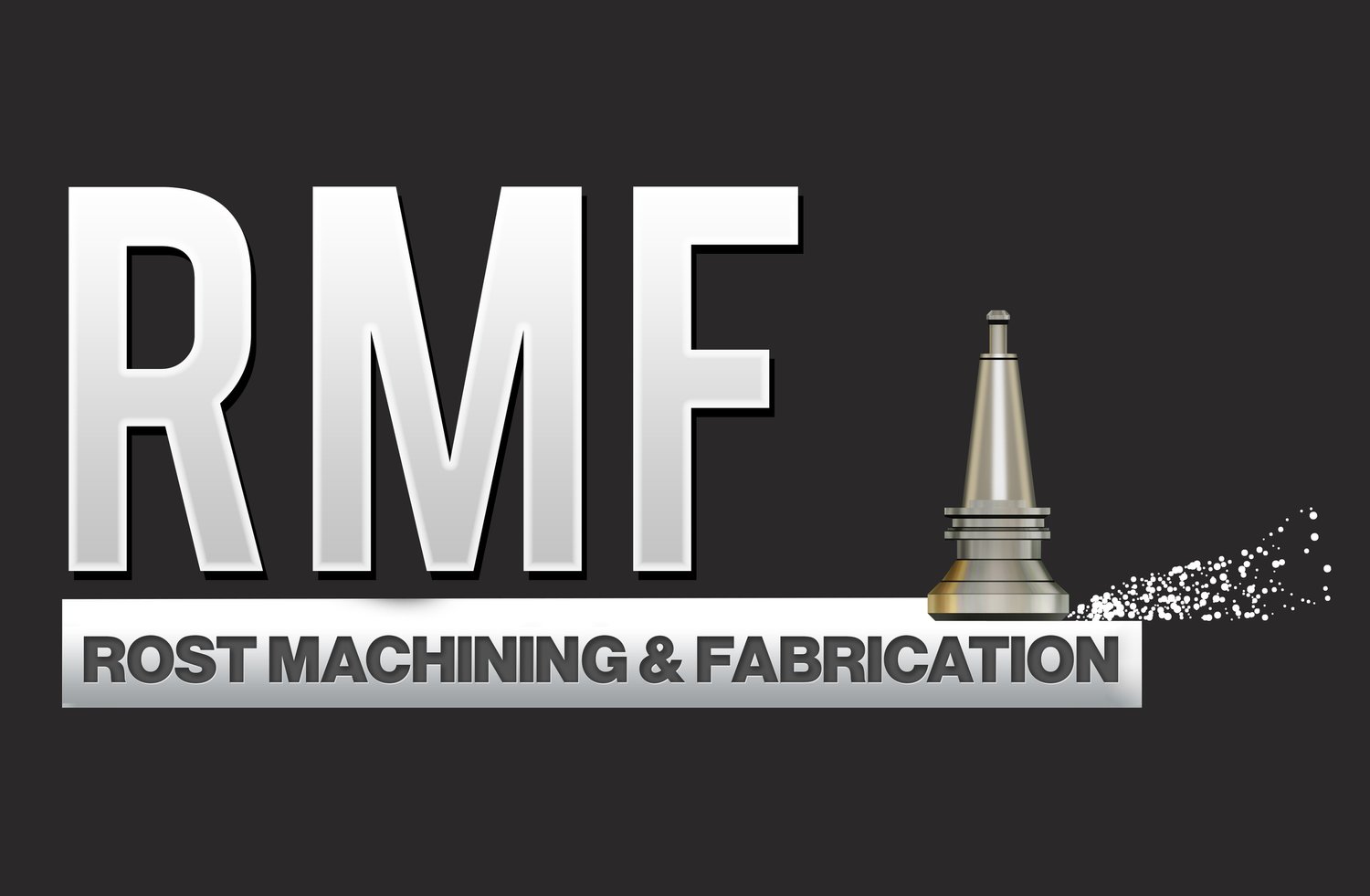The Industries That Use Metal Finishing the Most
In its most basic form, metal finishing is the process of improving the surface of a metal component with a particular purpose in mind, such as increasing the object's longevity, improving its look, restoring or removing it from a coating, or something else altogether.
Because metal finishing is used for so many different things, many different businesses need it throughout the production process. The list of metal finishing businesses might go on and on, but a few sectors handle most metal finishing work.
Why Choose Metal Finishing?
Using metal finishing techniques may assist in reducing the amount of wear and tear on metallic goods. Aside from being aesthetically pleasing, it has many industrial applications. Other benefits include improved electrical conductivity, increased resistance to torque, and improved solderability of metals, among other things.
The finishing procedure is used to remove abrasions from the metal's surfaces. It is necessary to have very high degrees of accuracy while removing abrasions. As a result, the adherence to trash, which may be invisible to the human eye, substantially decreases. Cleaning is made simpler by the extremely smooth surface of the item.
Industrial Metal Finishing Across Different Industries
Daily, the effects of completing may be found all around us. Many of the items we use and see have gone through a finishing process at some time. The following industries place a premium on finishing for strength, longevity, and aesthetic appeal:
Machinery, Equipment, and Automotive: Finishing is required for cars, motorbikes, tractors, and other machinery, equipment, and vehicles not only for durability and strength but also for a better look. Metal polishing in these places may assist motors and other internal components function correctly—and, of course, everyone wants their vehicle, motorbike, or a machine to look good.
Communications: Communication devices, like semiconductors, contain components that must have a specific degree of conductivity, and metal finishing is how that conductivity is both created and maintained.
Structural Metal Fabrication: Metal finishing will be seen to prepare the surface of a part in anything from bridge girders to railway components to practically any common manufacturing component.
Water Treatment: Metal components and equipment in water treatment facilities are continuously exposed to water. These components and equipment would rust and deteriorate over time if not properly finished.
Semiconductor: Semiconductors will not function correctly unless certain levels of conductivity are met. All metals have varying degrees of conductivity, and those degrees may alter over time. Unique finishing methods may be utilized to assist materials better retain a particular degree of conductivity over time, ensuring that semiconductors function correctly.
Appliances: Many appliances are exposed to water and other chemicals over time, which may damage components that have not been finished. Most consumer appliances have been treated to resist corrosion and other deterioration when exposed to water and these other chemicals.
Food Processing: Finishing methods may be used to guarantee that food processing equipment is bacteria-free and that food processing companies can clean their equipment fast and efficiently.
Gaming: Gaming consoles must be both robust and simple to clean, and finishing is how manufacturers ensure that their consoles will last for a long time.
Final Thoughts
The image above is just one example of industrial metal finishing in action. There are no limits to the number of sectors that need metal finishing services to guarantee that components and equipment continue to function properly for long periods.
Are you looking for finishing services in Santa Clara, CA, for your small business? Rost Machining & Fabrication provides machining, fabrication, and finishing solutions tailored according to your needs. Get in touch with us today to speak to one of our experts.
